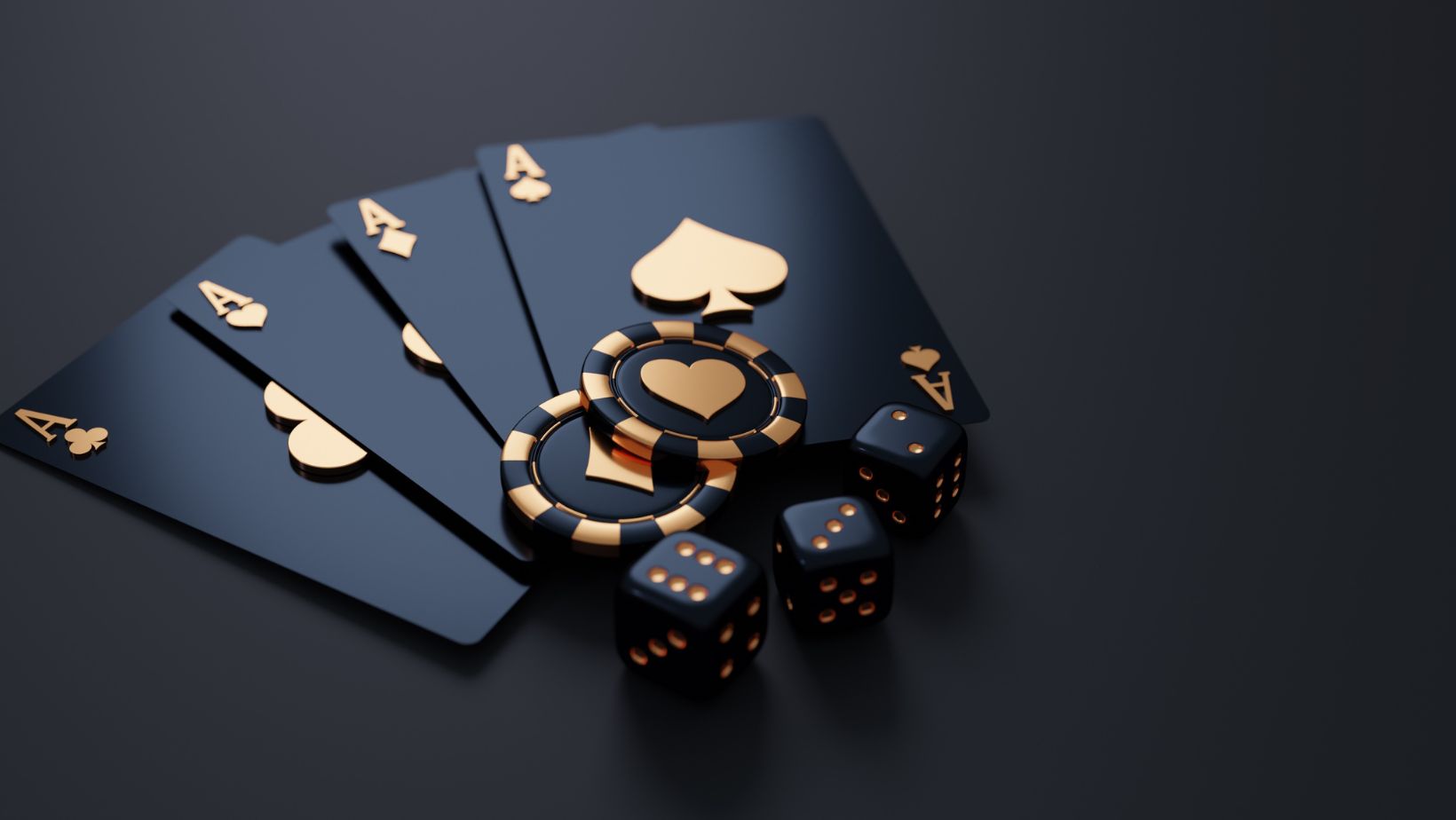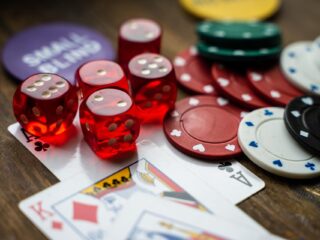
Video games have long captivated players with immersive stories, dynamic worlds, and rewarding challenges. But beneath the vibrant graphics and engaging gameplay lies something more subtle: the way randomness and chance are woven into the mechanics. Whether it’s opening a loot box, spinning a prize wheel, or facing an unpredictable enemy encounter, game design often mirrors the excitement—and sometimes the tension—of casino experiences.
This blending of entertainment and probability raises an intriguing question: why do so many modern game mechanics feel like a digital casino?
How Randomness Shapes Gameplay
At the heart of many games lies randomness. Developers use algorithms to determine outcomes, from the probability of landing a rare weapon drop to the shuffle of cards in a digital deck-building game. This design choice keeps players engaged by creating unpredictability. After all, if every outcome were certain, the sense of excitement would quickly fade.
The thrill of the unknown—will the chest reveal a legendary sword, or just common gear?—echoes the same emotions people feel when rolling dice or spinning a roulette wheel. Even when the odds are known, the possibility of hitting a rare outcome keeps players coming back for more.
This design strategy isn’t new. Classic tabletop role-playing games used dice rolls to inject unpredictability, and arcade titles thrived on patterns that challenged players to outwit the machine. What has changed is the scale: digital platforms allow developers to fine-tune probabilities with precision, making algorithms the modern dice behind the screen.
The Psychology of Risk and Reward
What keeps players hooked isn’t just the randomness itself—it’s how the brain responds to it. Psychology shows that humans are wired to chase intermittent rewards. When outcomes are unpredictable, the dopamine release tied to winning feels even more powerful.
This is why opening loot boxes or collecting rare items can feel just as thrilling as placing a bet. Game designers know this and often use “variable ratio reinforcement,” a principle also employed in casinos. Players never know which attempt will deliver the jackpot, but they know it could happen at any time.
This doesn’t mean gaming is the same as gambling, but it does highlight the overlap in psychological mechanics. For example, some gamers compare opening randomized in-game packs to sitting at a slot machine. And with the rise of competitive online gaming, the stakes feel higher than ever, even when no money is on the line.
It’s not surprising that many players explore both worlds. Just as gamers are drawn to unpredictability, they may also find themselves curious about games of chance like online blackjack for real money, where skill and probability intertwine in ways that feel familiar.
What Players Can Learn from the Casino Parallel
Understanding these parallels isn’t just about pointing out similarities—it can also help players develop healthier relationships with chance-driven systems.
- Recognizing the Odds
Just as casino players learn about house edges, gamers can benefit from understanding drop rates or probability mechanics. Awareness turns randomness into strategy. - Setting Limits
Whether it’s capping how many loot boxes you open or how long you play, setting personal boundaries ensures that excitement doesn’t tip into frustration. - Appreciating the Fun, Not Just the Outcome
Both gaming and gambling are forms of entertainment. The joy should come from the experience itself, not only the reward at the end.
By drawing lessons from casino culture, gamers can better navigate modern game mechanics without losing sight of balance. And in turn, game developers can design with greater transparency, giving players the thrill of uncertainty while respecting their time and investment.
Conclusion
Game mechanics and casinos may operate in different arenas, but the overlap is undeniable. Both rely on algorithms of chance, the psychology of intermittent rewards, and the thrill of unpredictability. As gaming culture evolves, these parallels remind us that luck—whether digital or real—has always been part of the play.
What matters most is how we approach it. By recognizing the role of chance, setting personal limits, and savoring the journey, players can enjoy the excitement of rolling the digital dice without letting it roll them.













